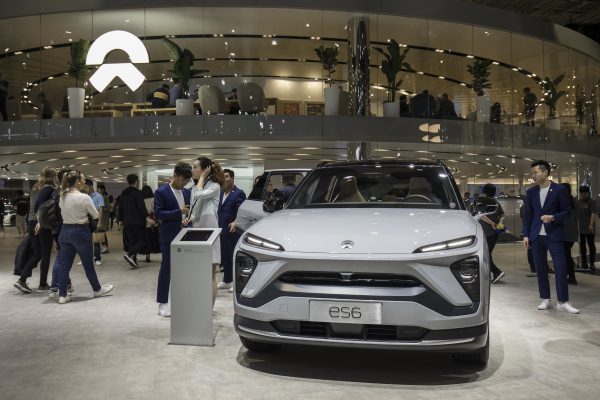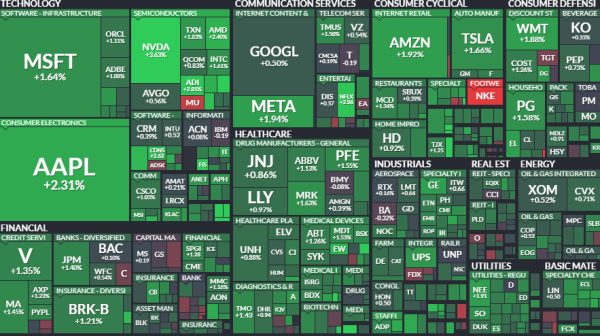
The electric vehicle (EV) industry in China, one of the world’s largest and most competitive markets, had a disappointing month in May 2023. NIO Inc., a top Chinese EV producer, saw the effects of the market downturn as monthly deliveries fell to a yearly low.
In this article, we look at the causes that are causing the reduction in NIO deliveries, as well as the broader ramifications for China’s EV business.
May 2023 proved to be a challenging month for NIO Inc., a prominent player in China’s electric vehicle (EV) industry. The company faced a decline in its monthly deliveries, reaching a yearly low. This article explores the factors contributing to this downturn and examines the broader implications for China’s EV sector.
A Difficult Month for NIO
NIO saw a drop in deliveries in May, falling short of market forecasts. The reduction can be ascribed to a number of issues that damaged China’s entire EV market. NIO encountered difficulties in meeting consumer demand, resulting in fewer electric vehicles delivered during the month.
Market Factors and Industry Competition
One significant factor contributing to the decline in NIO’s deliveries is the reduction in government subsidies for EV purchases. These subsidies have played a pivotal role in driving consumer demand for electric vehicles. With the subsidy cuts, the affordability and appeal of EVs have been impacted, resulting in a slowdown in the market.
The worldwide semiconductor bottleneck has also hampered NIO’s supply. The scarcity has disrupted supply chains and reduced the availability of crucial components used in automobile manufacturing. This has limited NIO’s production capability, causing client orders to be delayed.
Furthermore, NIO is facing increased rivalry in China’s EV sector. Domestic rivals including as BYD, Xpeng, and Li Auto have emerged as formidable challengers, each offering enticing lineups of electric vehicles. Because of the growing competition, market share has become more fragmented, making it more difficult for NIO to maintain its position.
Implications for China's EV Sector
NIO’s declining deliveries in May are reflective of broader trends and challenges within China’s EV industry. The slowdown in the market and increased competition highlight the need for manufacturers to navigate these obstacles effectively. However, it is important to view this setback as a temporary phase rather than a long-term decline.
China’s commitment to lowering carbon emissions and boosting environmentally friendly transportation remains strong. Through favourable regulations, incentives, and investments, the government continues to encourage the EV industry. While the business may experience short-term challenges, China’s EV sector’s long-term prospects remain bright.
Overall, NIO Inc.’s monthly delivery decrease in May 2023 highlights the issues that the firm and the broader Chinese EV market confront. Subsidy cutbacks, a semiconductor shortage, and more competition have all had an impact on NIO’s performance. These failures, however, should be seen in the perspective of the industry’s overall trajectory.
China’s dedication to sustainability, as well as continued government backing, provide a solid platform for the EV sector’s revival and growth. To remain competitive as the market reacts to these obstacles, manufacturers like NIO will need to change their strategy, improve production capacity, and innovate. With continuous backing and favourable market conditions, China’s EV industry is primed for long-term success and growth.




